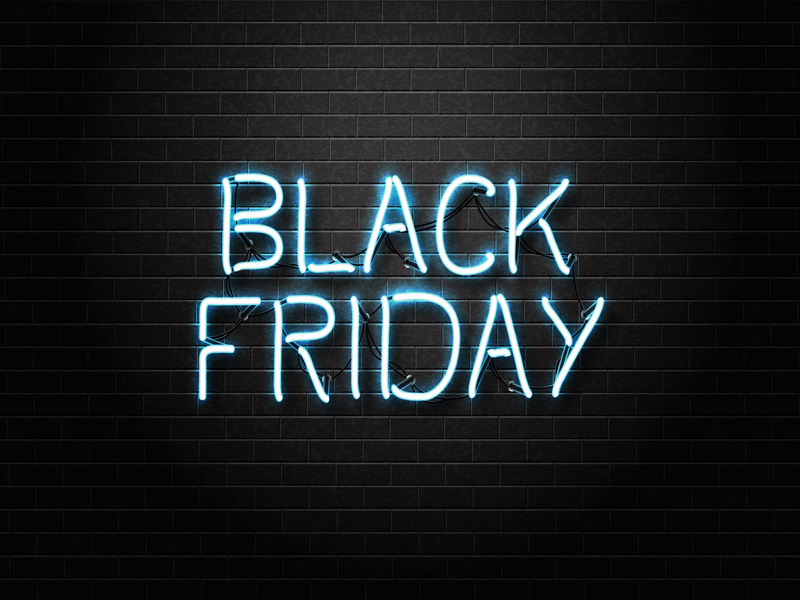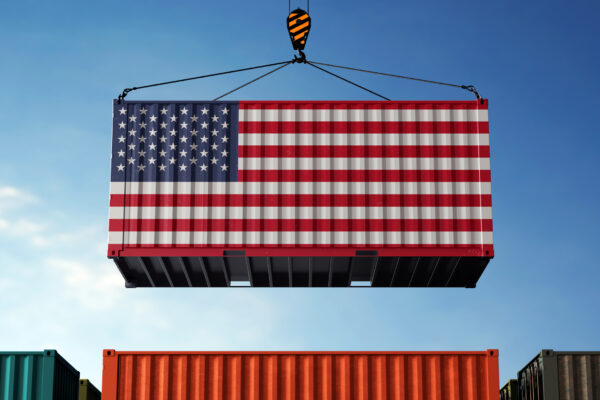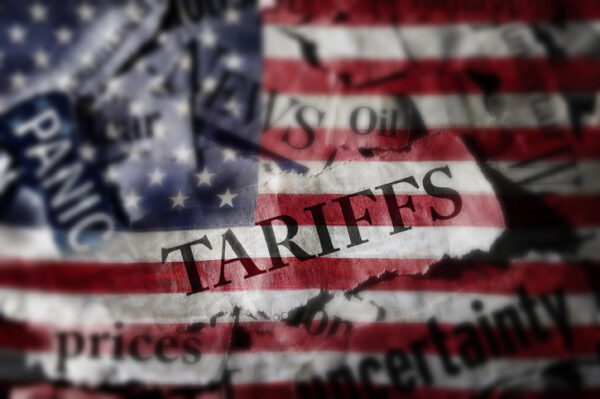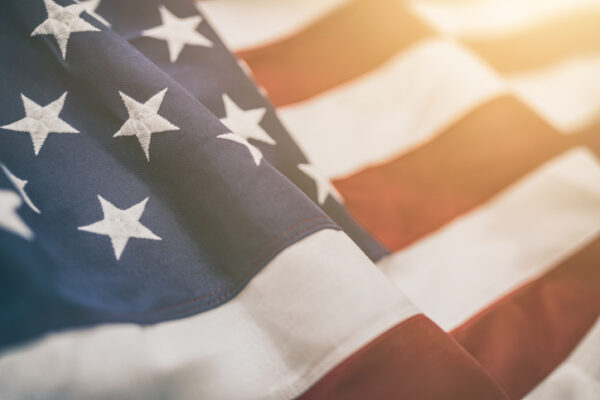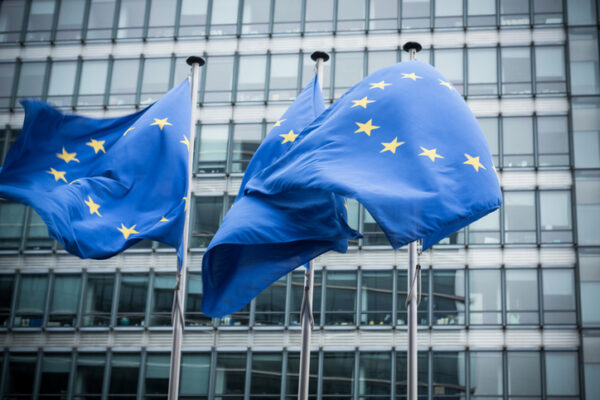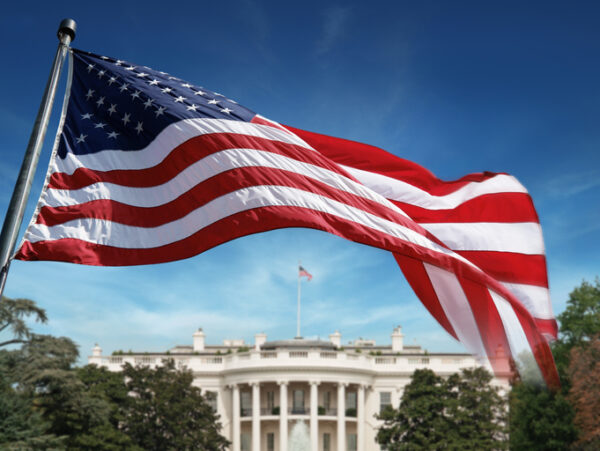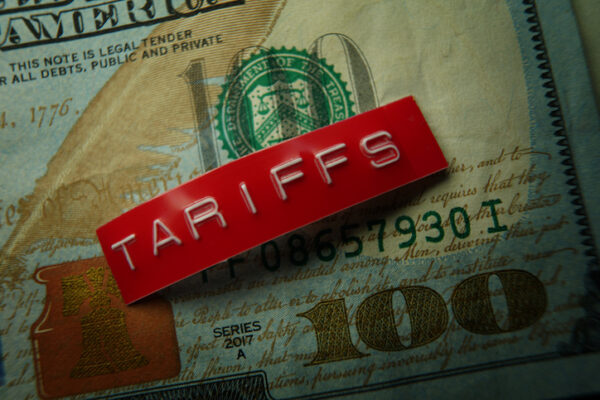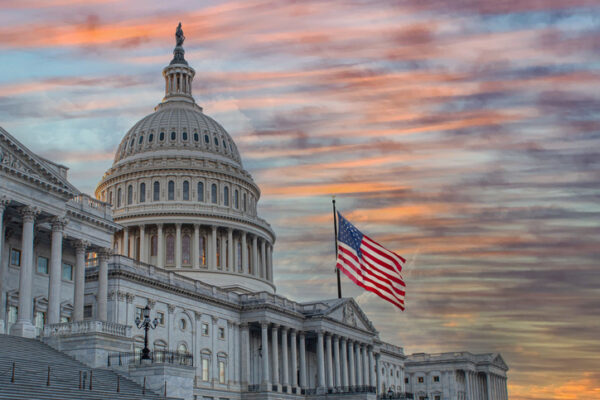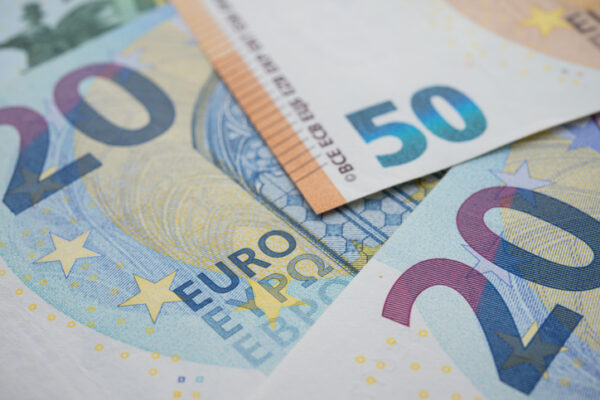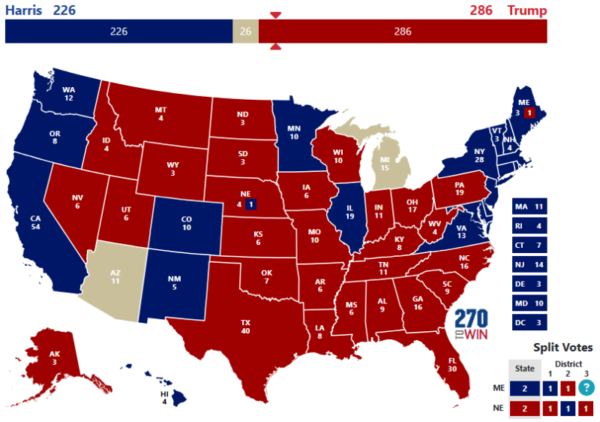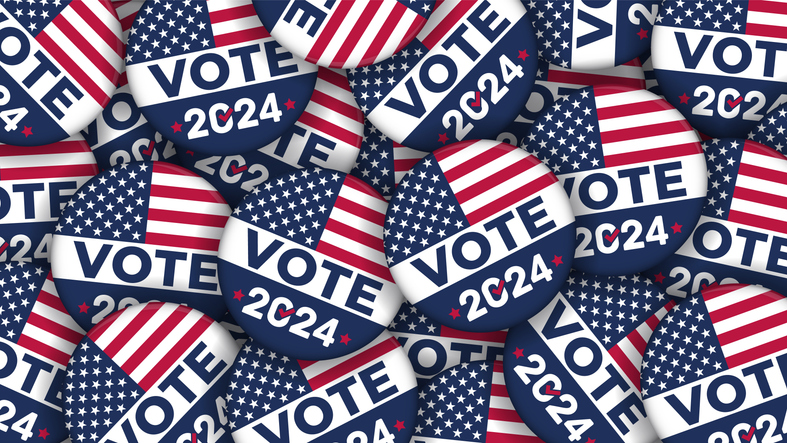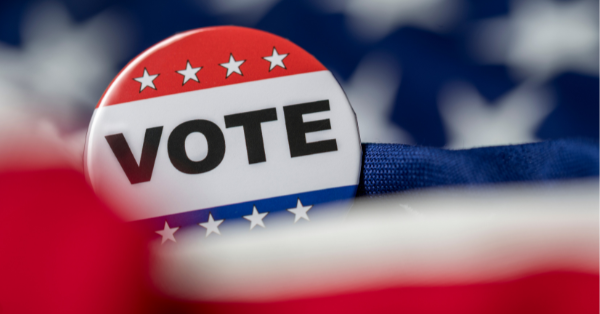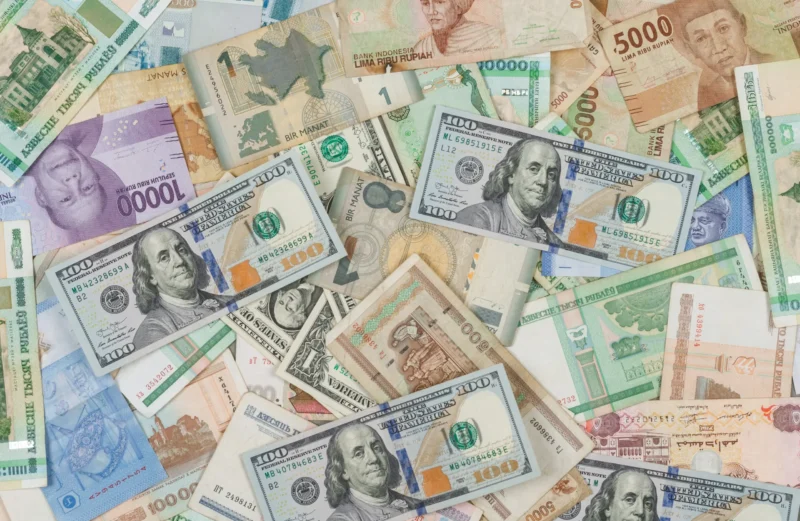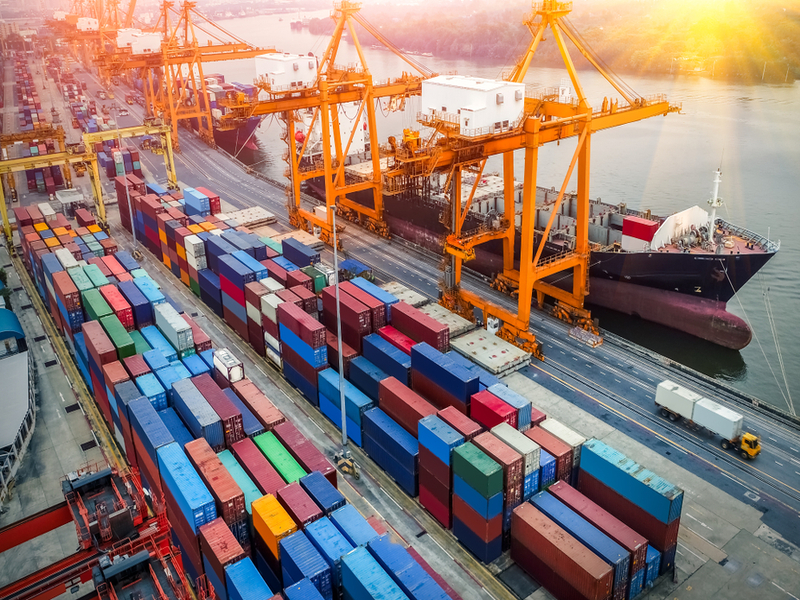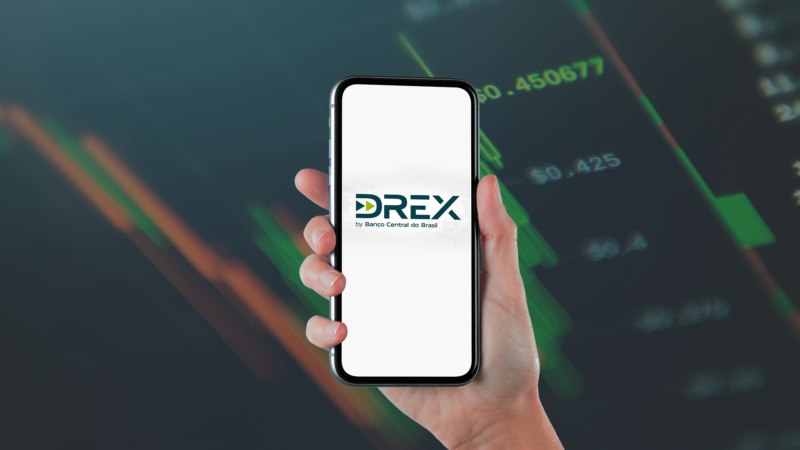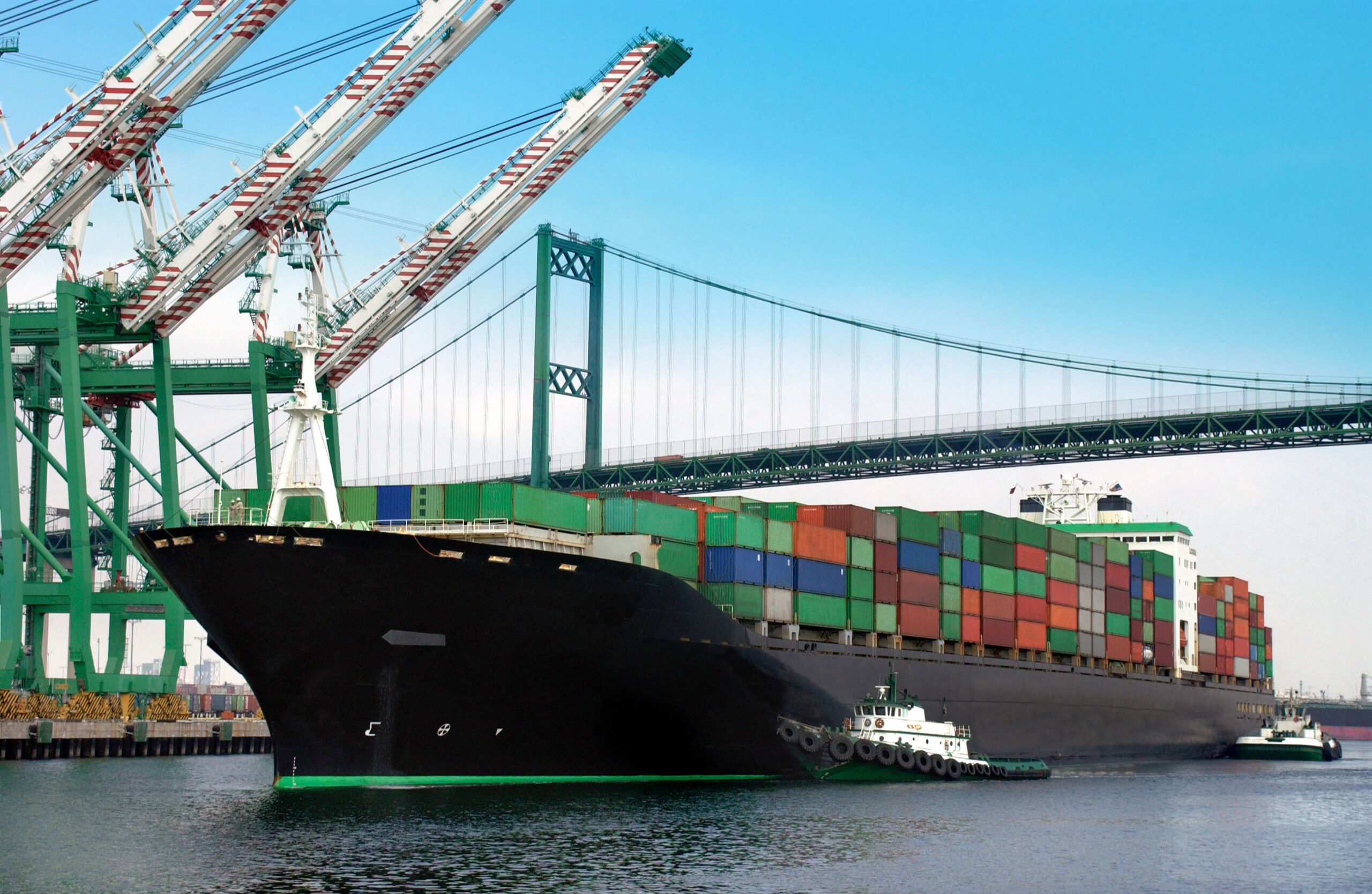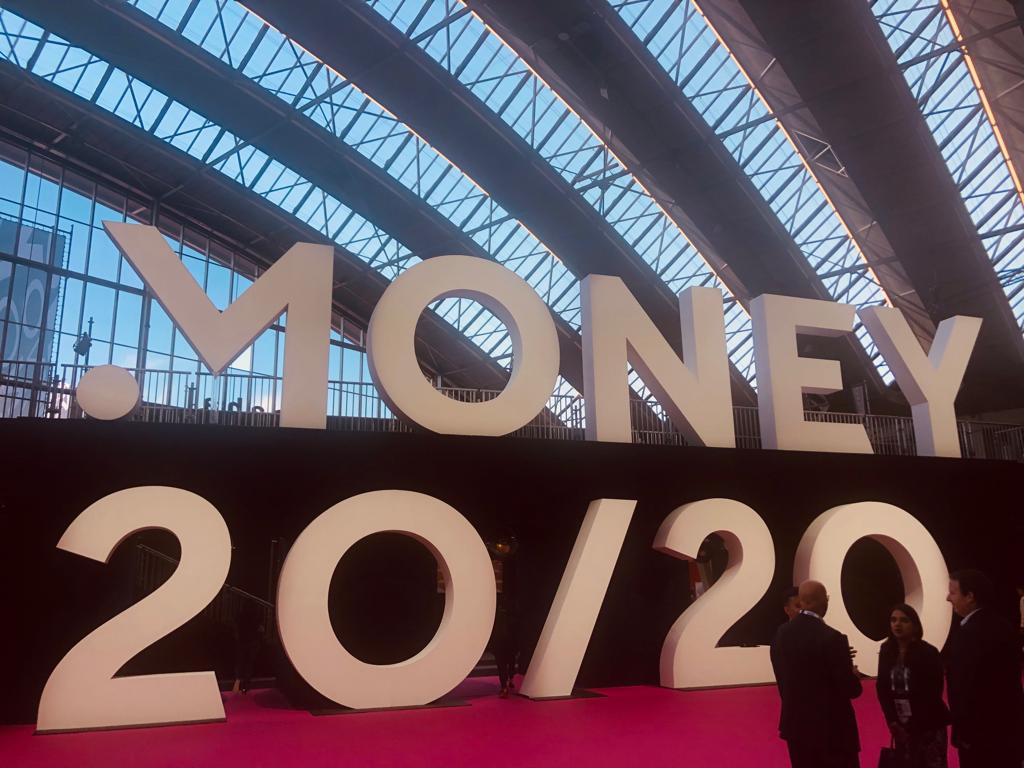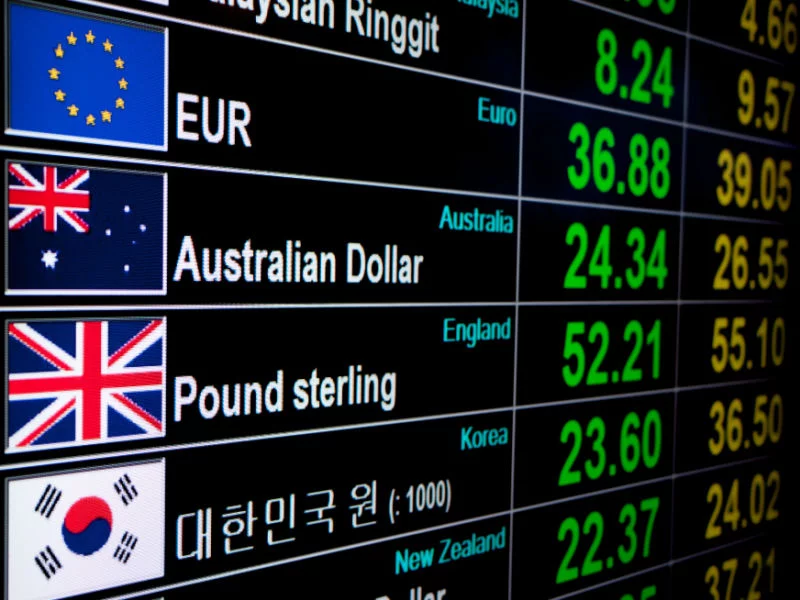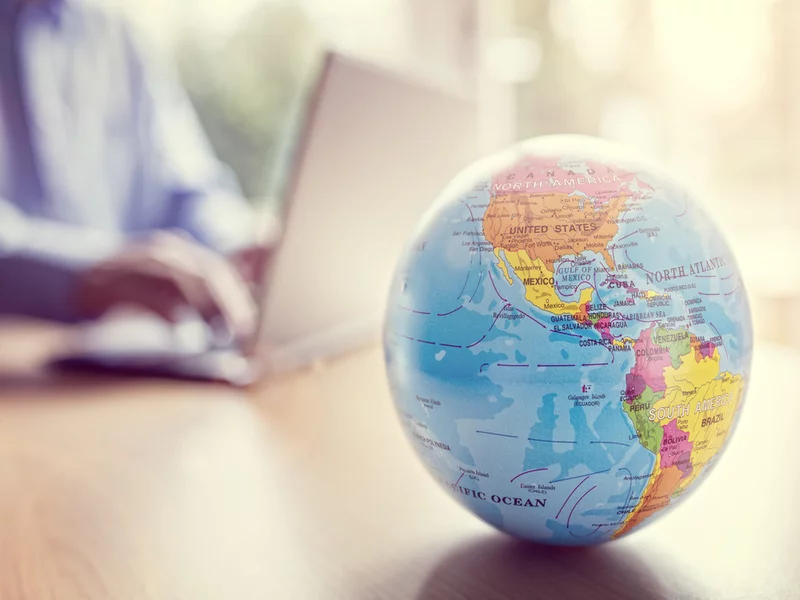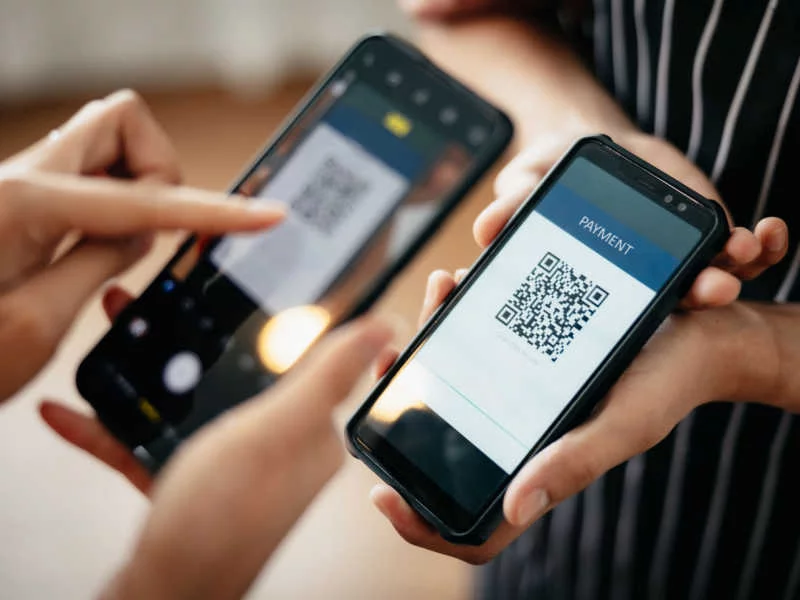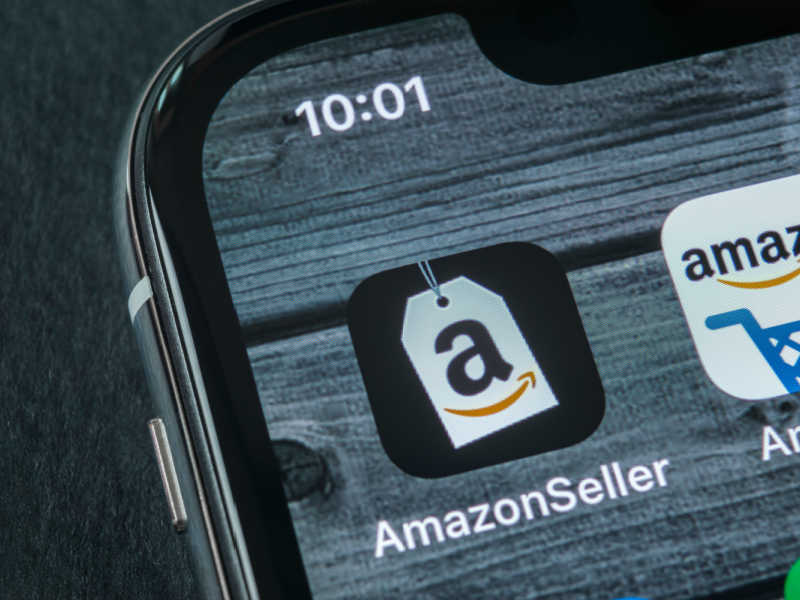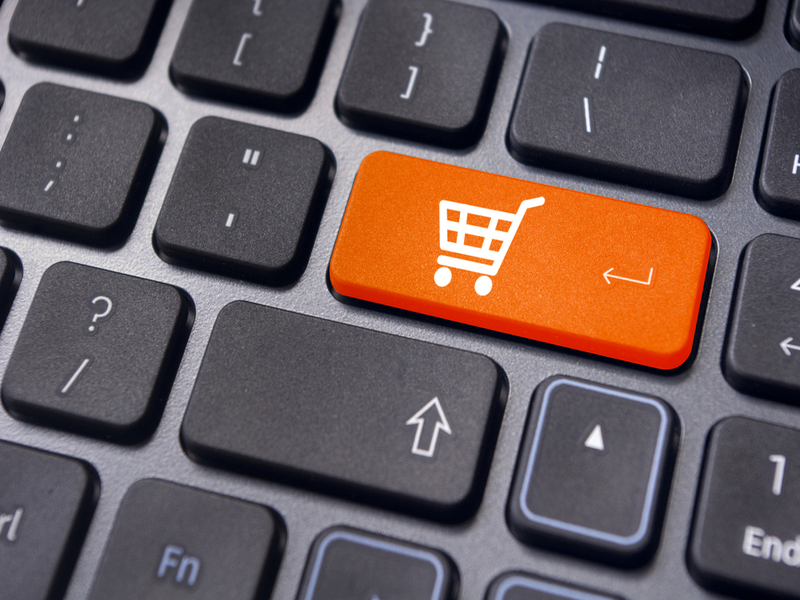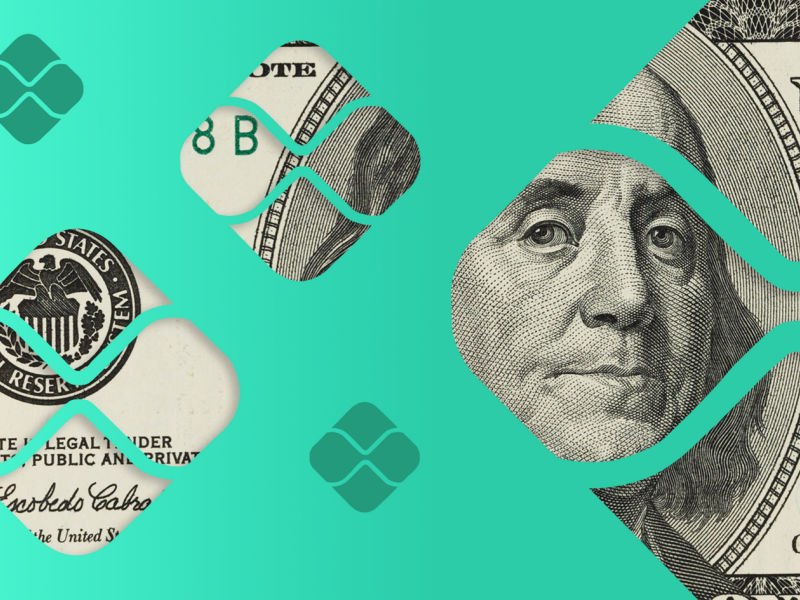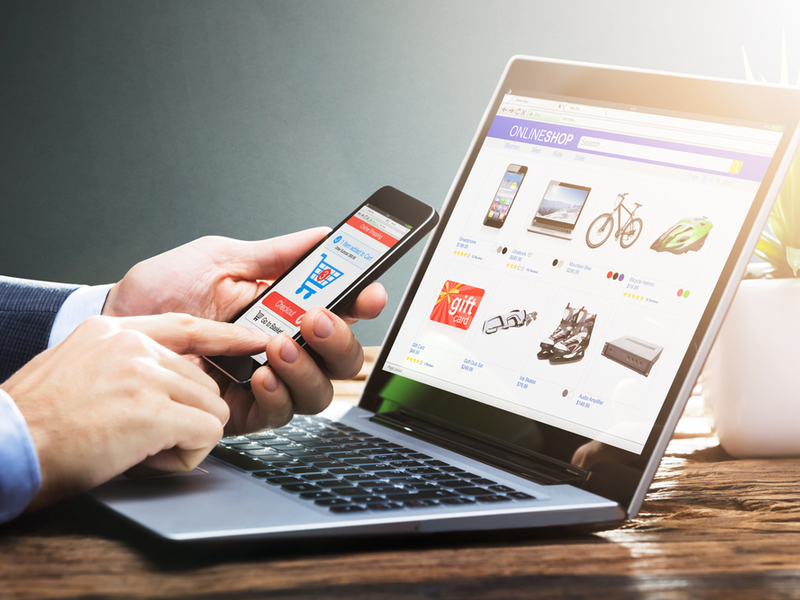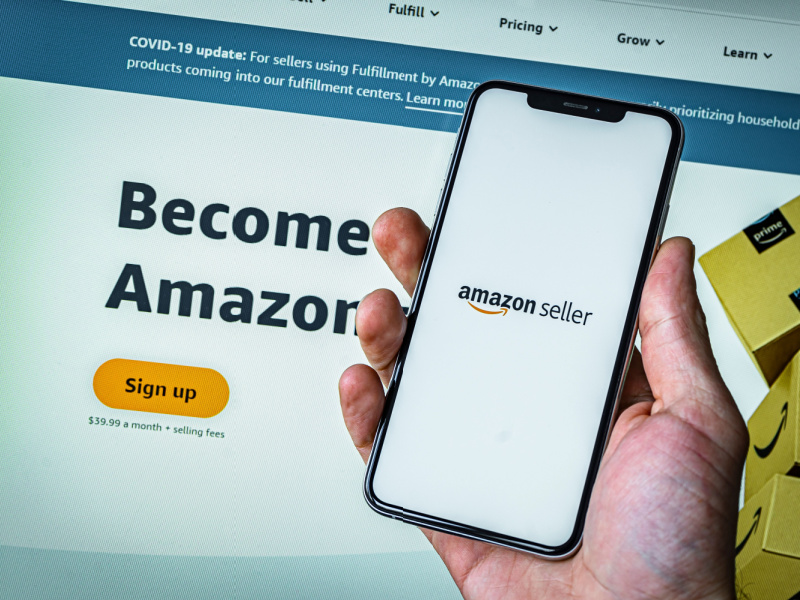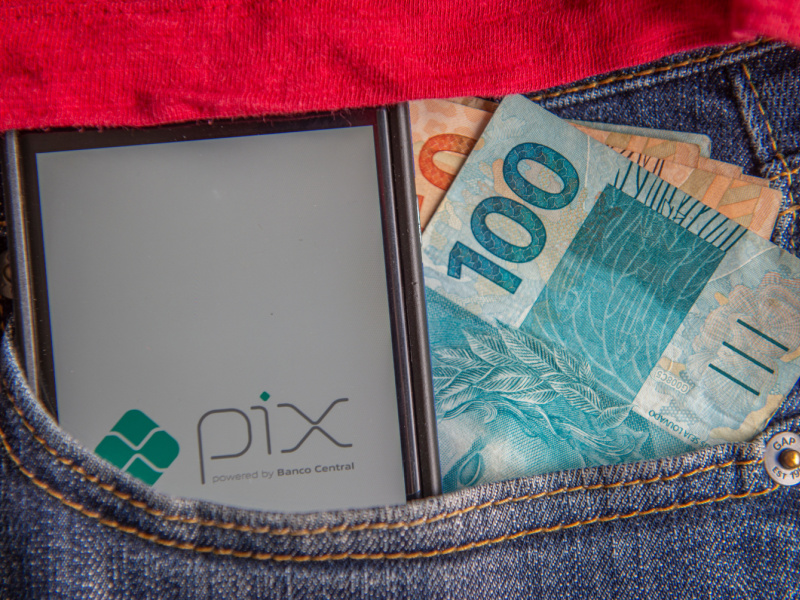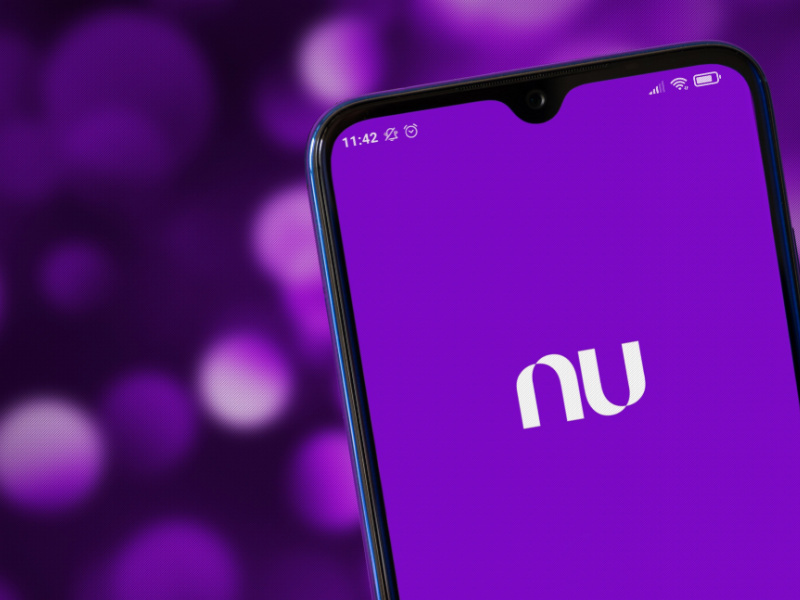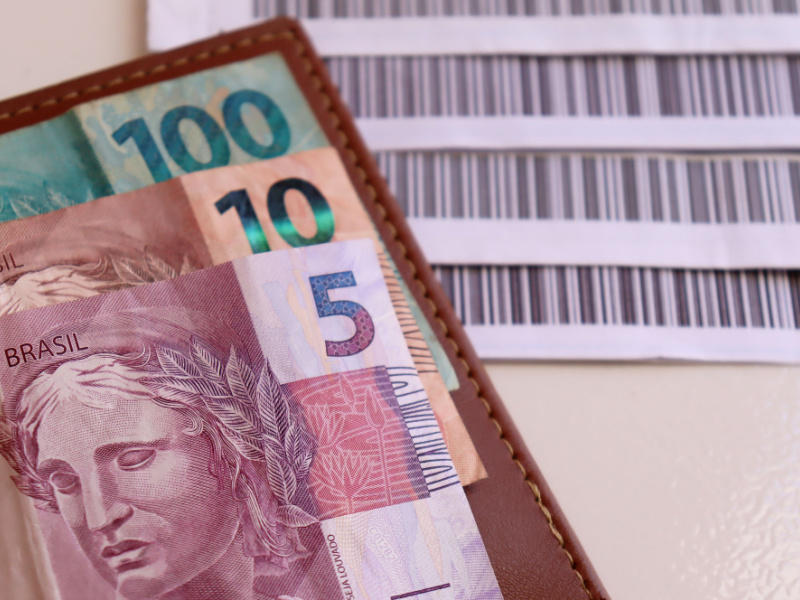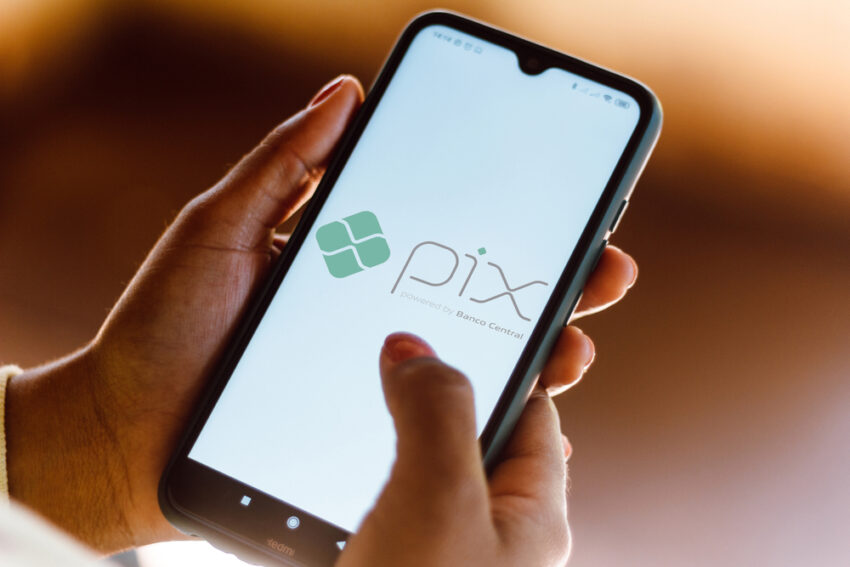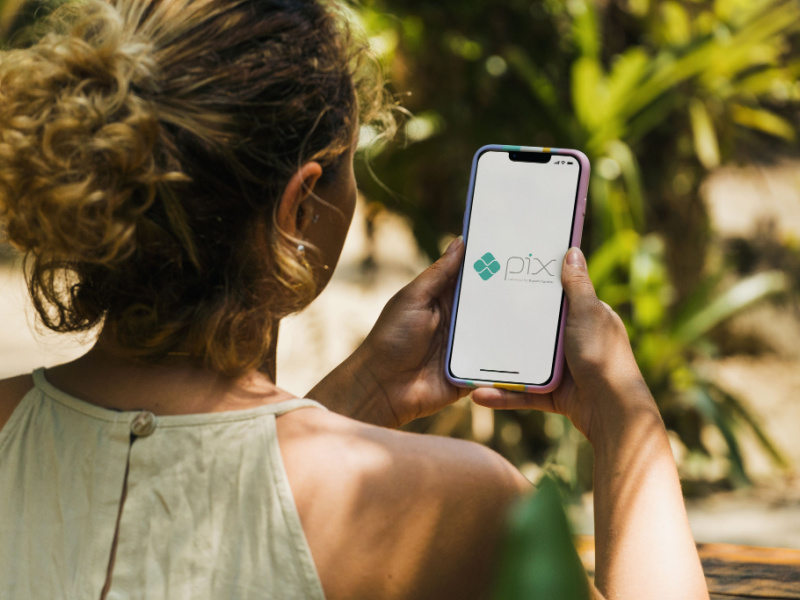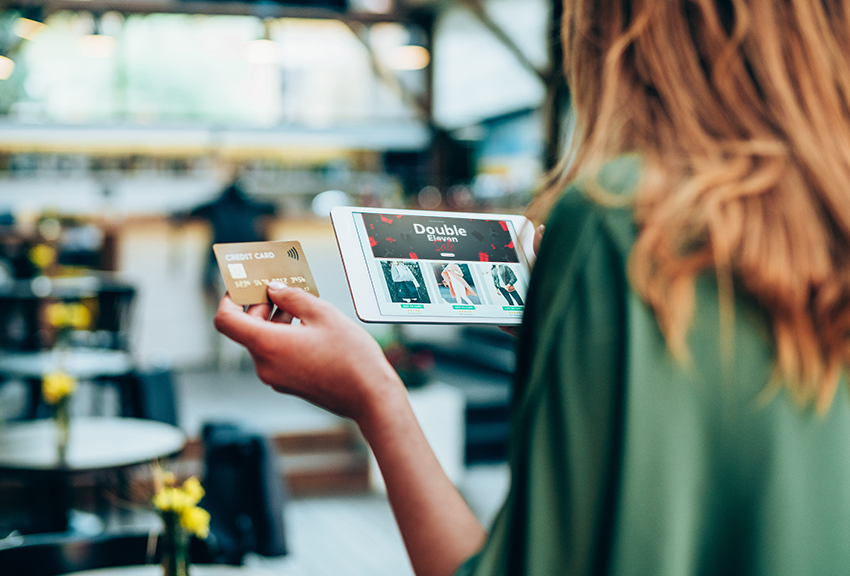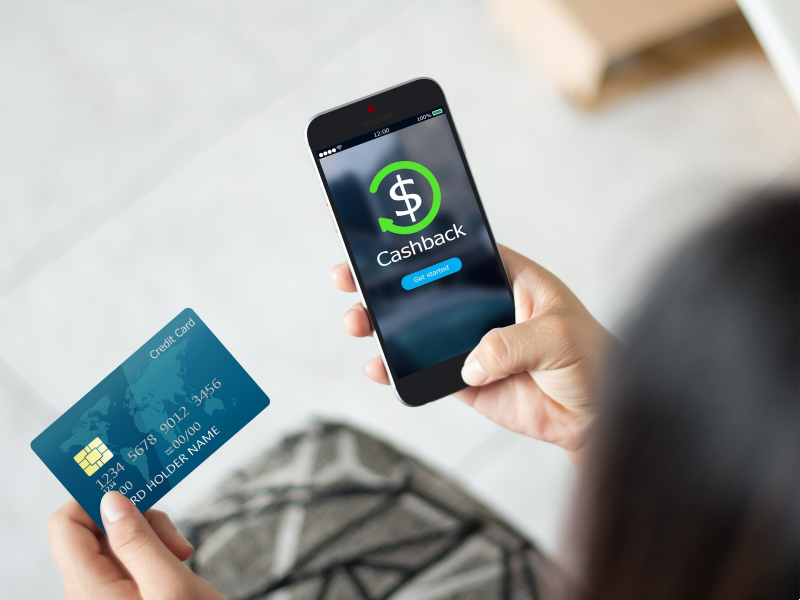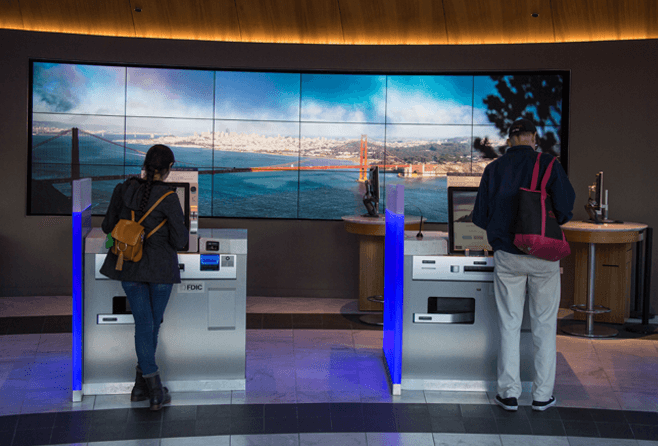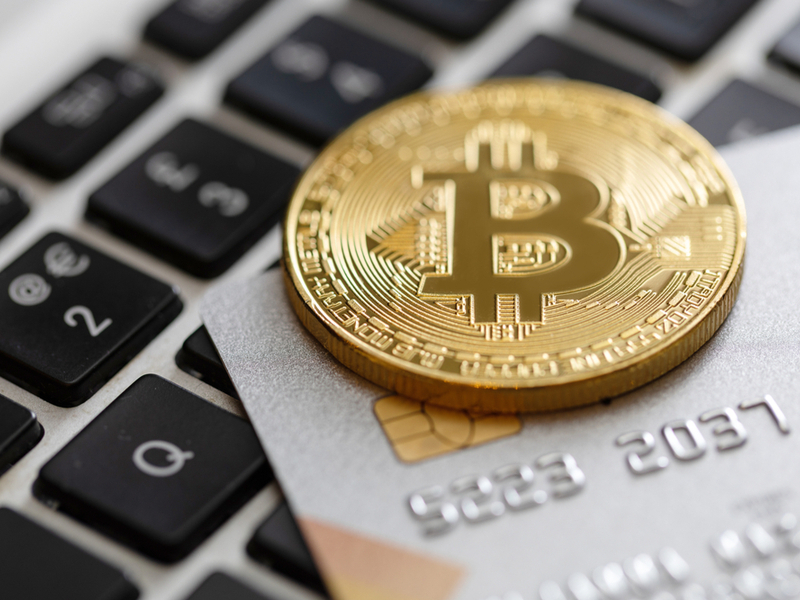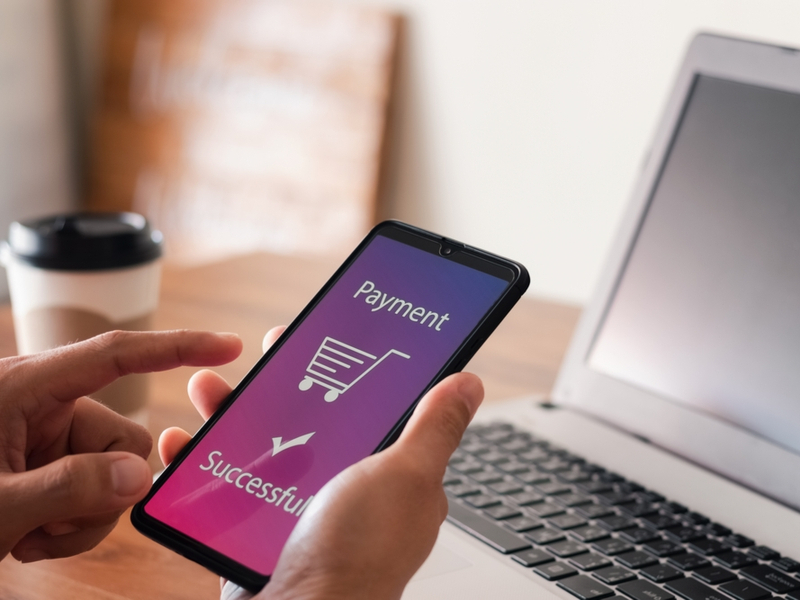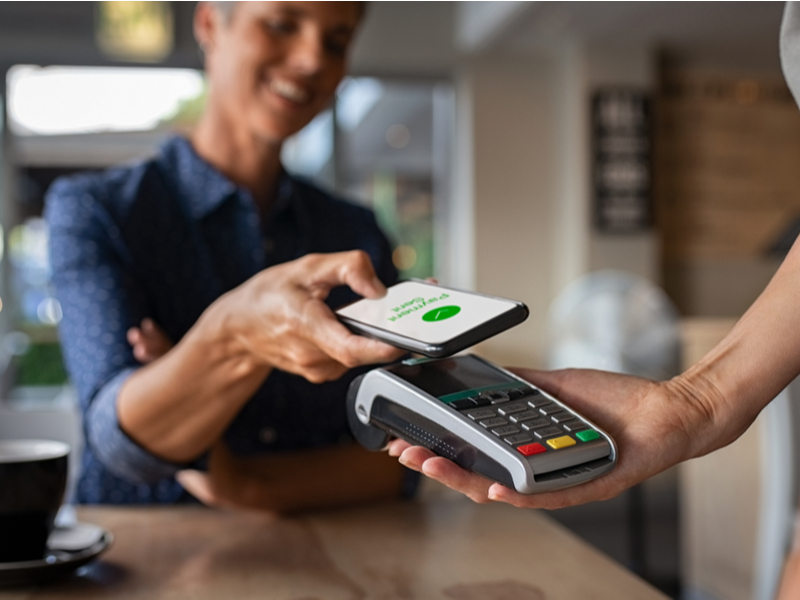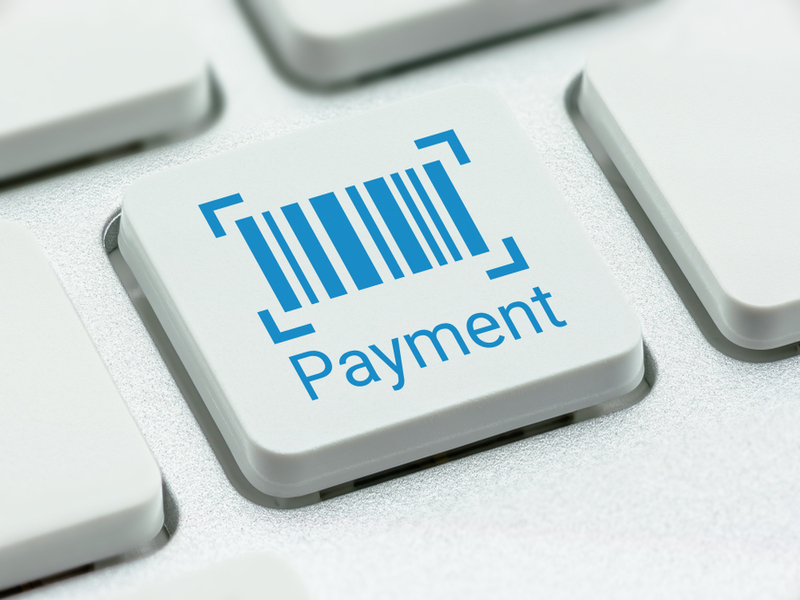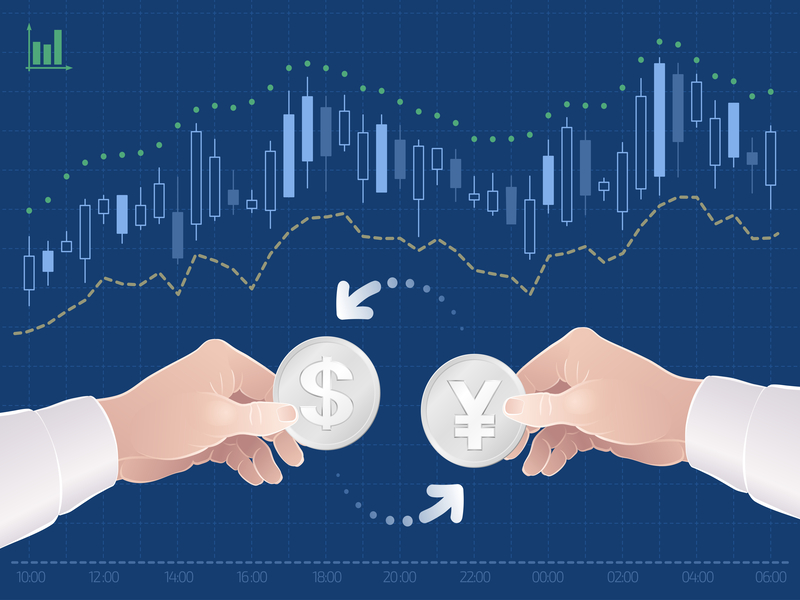Cross border: how to sell on Black Friday Brazil
24/10/2021Check out key data on Brazil’s e-commerce and Black Friday, as well as insights on how to achieve this market selling cross border from anywhere in the world.
In 2022, Black Friday will take place on November 25. In Brazil, it will be the 12th year that this date, which has consolidated itself as one of the most important for the country’s retailers, will drive sales at brick-and-mortar and e-commerce stores. Year after year, ever since it became part of the retail calendar, Black Friday is achieving more impressive numbers in Brazil. In 2021, when Covid-related physical distancing measures were in place, online stores attracted more attention than brick-and-mortar stores, a trend that should continue this year.
Black Friday offers opportunities for not only accelerating sales, but also gaining new clients and increasing brand popularity. Unlocking Black Friday’s full potential requires knowing the behavior of the target public, as well as the good practices to implement at online stores to ensure stability during peak traffic and facilitate the sales process.
If you want to leverage cross border sales during Black Friday in Brazil and win over these consumers who stand out worldwide for participating in the campaign, keep reading this article!
When did Black Friday start in Brazil?
Black Friday was created over 80 years ago in the United States for retailers to clear and renew inventories before Christmas. Over time, as technology advanced, e-commerce stores began to adopt Black Friday. In Brazil, it was the inverse: Black Friday was born already digital, in 2010, and since then Brazilian consumers have gotten used to shopping on such date.
The evolution of the Black Friday concept in Brazil’s collective imaginary brings valuable lessons for online retailers. One emblematic example that marked the country’s first Black Friday editions was the expression “black fraud.” The term emerged when certain stores would increase product prices in the closing weeks of November and then change back to their original prices during Black Friday to simulate discounts. The response was the creation of price comparison tools and the consequent exposure of false promotions on social media and consumers paying much closer attention to sales promotions.
But these negative episodes did not adversely affect the evolution of Black Friday in Brazil, To the contrary. Each year, Brazil’s online retail sales have been setting new records for Black Friday. The race to optimize e-commerce platforms and create sales strategies begins for many companies months before the date.
Brazil Black Friday 2021: e-commerce performance
Black Friday 2021 posted sales of R$4.2 billion, 5% higher than in 2020. According to NielsenIQ|Ebit, 5.6 million orders were placed during Black Friday 2021, with average ticket increasing 16%, to R$753. The average ticket significantly above the annual average demonstrates this is a period when consumers invest in higher-value products, such as smartphones, electronics, etc. In addition, since in 2020, brick-and-mortar stores were closed due to physical distancing (which resulted in higher e-commerce sales), a 5% increase is a remarkable result.
Cross-border sales on Black Friday 2021
International online stores also have many reasons to celebrate another Black Friday in Brazil. In the 2021 edition, 43% of Brazilian e-shoppers purchased from websites in other countries, according to the 45th edition of the Webshoppers report, developed by NIQ Ebit in partnership with Bexs Pay and published early this year.
Each consumer made 3.5 purchases on average, with five products added to the cart for each. The average ticket was approximately R$316. When asked about the main reasons why they chose an international online store, respondents cited discounts and free shipping costs as determinant factors. In addition, 71% of Brazilians who shopped on cross-border online stores on Black Friday 2021 plan to do so again in 2022.
Black Friday and e-commerce trends for the coming years in Brazil
The Webshoppers survey has been conducted since 2001 and is considered the main reference for the sector. The 46th edition brought insights on the first half of 2022 to help us understand the behavior of the Brazilian market. From January to July, online stores sold R$118.6 billion, 6% higher than in the first half of 2021. See more data below.
Shopping via smartphones: how payment links can drive sales
Purchases made via mobile devices have been proving to be an important trend since 2019, when they accounted for 55% of total orders. Data from the Webshoppers 46th survey show that, in the first six months of 2022, sales via mobile devices decreased slightly, from 53.9% to 53.8%, but continue to outperform sales via desktop computers in terms of number of orders and sales revenue. Mobile orders came to 54%. In addition to ensuring a responsive format for desktop and mobile, investing in Social Commerce can make all the difference in sales revenue, since many e-shoppers are engaged in the networks.
Another strategy that can reduce cart abandonment and increase sales conversion is the use of Payment Link, which can be sent via social media, email, text message (SMS) or messaging apps, such as WhatsApp. Consumers simply click on the link to acquire the product, without having to redo the shopping steps on the e-commerce website.
Brazil Pix payment: instant transaction encourages impulse buying
November marks the second anniversary of the implementation of Pix in Brazil. Its wide popularity, with almost 500 million keys registered, has led merchants and commercial establishments to stimulate its use. The solution is efficient for everyone: Merchants receive the purchase amount instantly and can bypass orders not finalized due to unpaid boletos. Meanwhile, consumers do not have to worry about compromising their credit limit, and shopping becomes easier and more convenient. It is worth investing in ways to ensure that orders are rapidly concluded and integrating Pix as a payment method in order to expedite checkout and increase the sales conversion rate.
Black Friday: online stores need an online payment platform that accepts local payment methods, such as Pix
Black Friday in Brazil is an opportunity for e-commerce websites around the world. Cross-border sales amounted to R$8.8 billion in the first half of 2022, while 54% of Brazilian consumers shopped on online stores from other countries. Fashion, accessories and electronics figure at the top of the list of categories most shopped by Brazilians.
To access Brazil’s 49.8 million e-shoppers, all you need is a partner to help you implement the payment methods used locally by most e-shoppers. Offer your clients a seamless and complete cross-border shopping experience, with prices already converted and local payment methods. You can count on Bexs Pay to cross borders this Black Friday.
